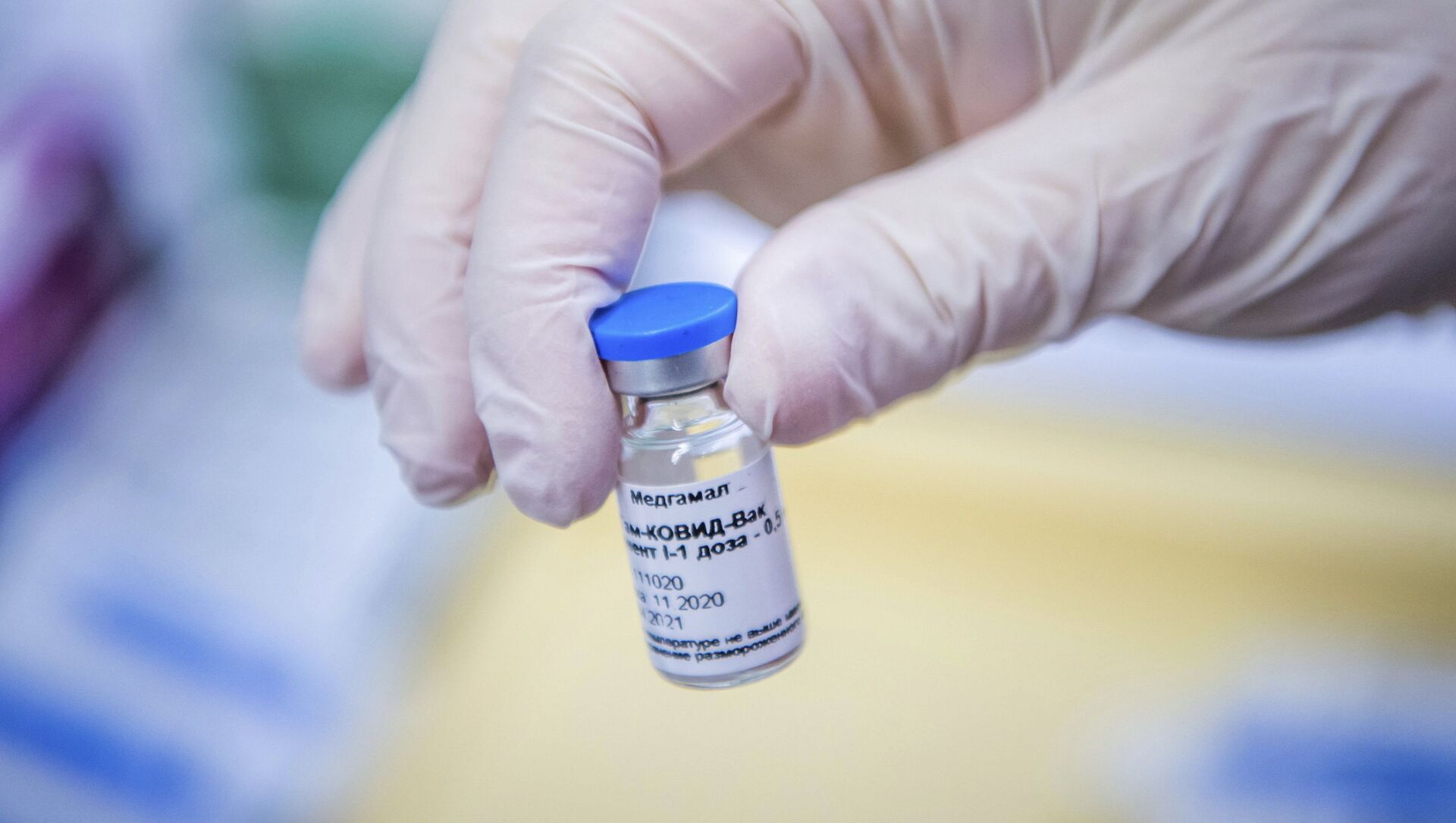The Swedish economic daily Dagens Industri has slammed the EU vaccine rollout as a failure and urged readers not to disqualify Sputnik V simply because of its Russian origin.
In an editorial called “Buy Sputnik”, the newspaper underscored that the EU is lagging behind not only Israel, the US and the UK in terms of vaccination progress, but even Serbia. The 27 member states have so far managed to vaccinate only an average of 5 percent of their populations.
Dagens Industri attributed part of Serbia's success to the fact that it has opened up to buy several vaccines, including Russia's Sputnik V, citing Serbian Prime Minister Ana Brnabic as saying “For us, vaccination is not geopolitics but a health issue”.
“Given the delays and delivery problems that have defined the European rollout, we can hardly get too many approved vaccines,” Dagens Industri wrote.
According to the Swedish newspaper, when Russia “triumphantly” launched its vaccine as early as August 2020, it was rightly met with scepticism. Since then, however, a lot has changed, as Sputnik V appeared to offer a 91.6 percent protection rate and proved to be effective for all age groups, which is far more effective than AstraZeneca's vaccine, that has an efficiency rate of a little higher than 60 percent and has raised concerns over its suitability for patients aged 65 and over, the newspaper admitted.
“The Russian breakthrough seems to have surprised many, but the fact is that Russia has a proud research tradition. The Gamaleya Insitute, the country's research centre for epidemiology and microbiology, for instance, developed an effective Ebola vaccine in 2015 and improved on that technology to develop Sputnik V,” Dagens Industri wrote.
According to the newspaper, Sputnik V could be crucial for, among others, Sweden to achieve its goal of vaccinating the country's entire adult population before the second half of the year. Swedish vaccine coordinator Richard Bergström has opened up to accepting Sputnik V in Sweden if approved by the EU. However, from the Swedish politicians it has been remarkably quiet, the newspaper noted, citing geopolitical motives.
The editorial suggests that Brussels must be able to “have two thoughts at the same time”, and continue trading with Russia despite geopolitical differences spanning a number of issues, as vaccine advances “should be seen as a success for all of humanity, regardless of the country behind them”.
“Yes, it would probably be a real prestige gain for Moscow to sell Sputnik V to Brussels. But it is not time to think about our pride. Now it is about who die unnecessarily for every “unvaccinated” day that passes. It is about the opportunity to restart the European economy, to be able to travel and visit relatives. This is basically about the EU's legitimacy,” the editorial concluded, suggesting that it is “still possible to avoid a failure”.
The Russian investment fund RDIF has so far received orders for approximately 1 billion doses from 20 countries, including Israel, Brazil and Argentina.
Established in 1976, Dagens Industri has consistently ranked as one of Sweden's most respected economic dailies. It bills itself as “independently liberal-conservative” and has over 100,000 subscribers.


